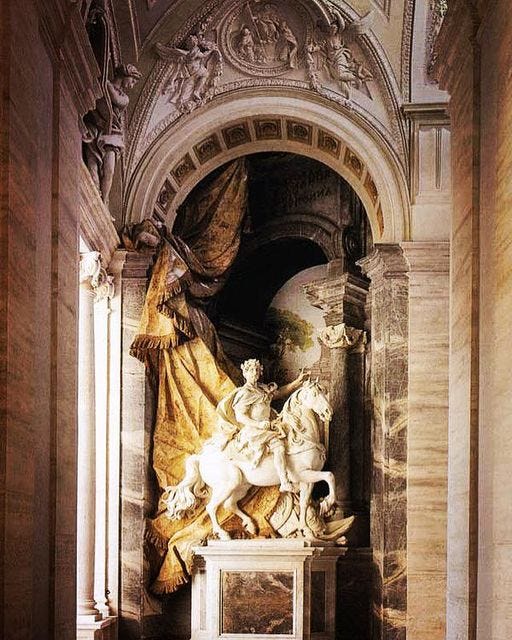Where St. Augustine Is Not Silent
It’s not uncommon to find learned people glossing over truths they’ve studied. They might do so simply out of forgetfulness, or in sympathy with their interlocutor, or simply because what they habitually believe doesn’t quite fit the facts they’ve forgotten. One needn’t be an Augustinian scholar to be reminded of this frailty, but it doesn’t hurt. Recently, I observed a senior scholar praising a junior scholar of Augustine for her passing claim that “integralism” is very far from the angelic heights to which the author of De civitate Dei contra Paganos had reached—citing with approval the junior scholars’ apparently praiseworthy claim, namely: “[T]he fact Augustine passes over Constantine’s Christianization of the empire in silence speaks volumes.”
Set aside the fact that the word “integralism” has a rather recent vintage, and so the use of the word, if not the idea, would be anachronistically applied to Augustine. We should be concerned with realities more than contested ‘terms of art.’ What is most curious here is why anyone who has read The City of God would ever be inclined to think that Augustine should pass over “Constantine’s Christianization of the empire” in silence?
What makes such a claim so curious is not only that Augustine writes his masterwork in defense of Christian religio and against the place of Roman paganism in the empire, but that he concludes the first major section of the work with a speculum regum in praise of both Emperors Constantine and Theodosius, initiating the Christian “mirror of princes” tradition that subsequently runs through the medieval and early modern periods. A brief demonstration of Augustine’s argument will have to suffice to give readers an idea of how “silent” they think he is on this subject.



